 For seven months, from September of 1944 to April, 1945, the Nazis placed an embargo on all food items to the western Netherlands. By the end, people were eating less than 600 calories a day. Over 30,000 people died of malnutrition. Furniture, the interiors of houses, shops, and orchards were chopped and burned to keep people from freezing to death. Crops were destroyed in bombing raids. On April 29, 1945, in Operation Manna - Chowhound (Manna was the British code name and Chowhound the American), the Allied forces began dropping food behind German lines.
For seven months, from September of 1944 to April, 1945, the Nazis placed an embargo on all food items to the western Netherlands. By the end, people were eating less than 600 calories a day. Over 30,000 people died of malnutrition. Furniture, the interiors of houses, shops, and orchards were chopped and burned to keep people from freezing to death. Crops were destroyed in bombing raids. On April 29, 1945, in Operation Manna - Chowhound (Manna was the British code name and Chowhound the American), the Allied forces began dropping food behind German lines.I first became interested in the Dutch Hunger Winter because of
The Dutch Famine Birth Cohort Study, carried out by the departments of Clinical Epidemiology and Biostatistics , Gynecology and Obstetrics and Internal Medicine of the Academic Medical Centre in Amsterdam, the Netherlands in collaboration with the MRC Environmental Epidemiology Unit of the University of Southampton in Britain, has found that pregnant women exposed to famine produced offspring who were more susceptible to diabetes, obesity, cardiovascular disease, microalbuminuria and other health problems.This study also linked maternal starvation to schizophrenia spectrum personality disorders, thought by some to be caused by the fact that people were eating tulip bulbs since they could not obtain food.
When I was researching this four years ago, I found a memoir on line which I have not been able to find since. It was written by a Dutch woman who had been 13 that winter. She told about the struggle to stay alive, the constant hunger, and hiding a man from the Nazis in the family basement even though that meant that she and her mother had less food. She told of the wonder of the food drops. Of how Spam, which no one had heard of before, became a favorite meal that comforted the survivors for the rest of their lives. Of not knowing what to do with powdered eggs, particularly since they had no fuel to cook them.
And she told of meeting an American who had been involved in the food drops years later and his telling her of flying back to England and seeing that the Dutch had taken pots of white flowers and spelled out "Thanks, Yanks." This is one of those stories that brings tears to my eyes. Such a simple phrase. Such a depth of meaning and wonder. A feeling of sympathy for the Dutch and pride in my countrymen.
And then I think about how far we have strayed from those days. From "Thanks, Yanks" to pre-emptive war.
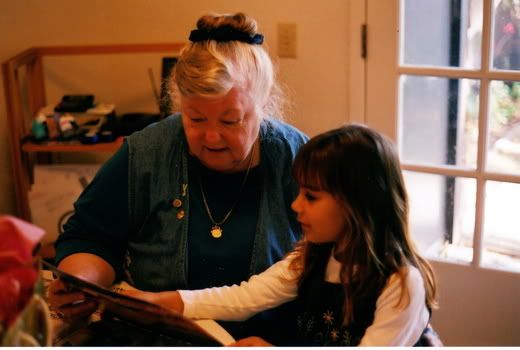
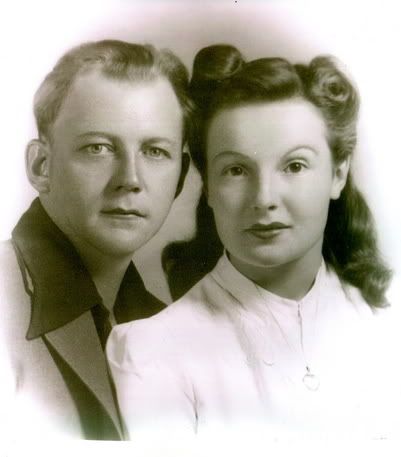
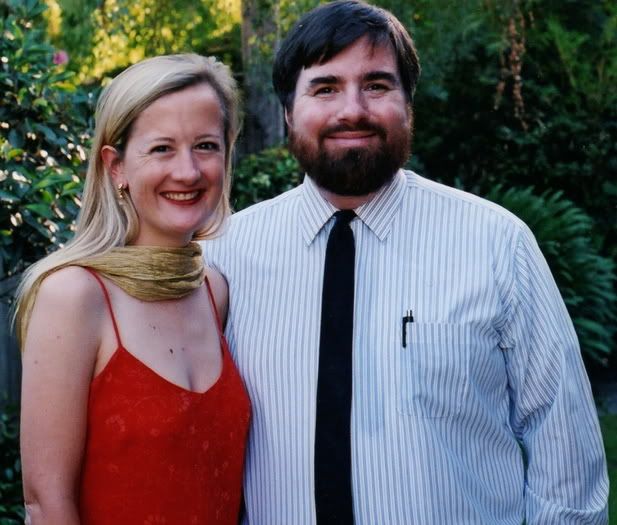
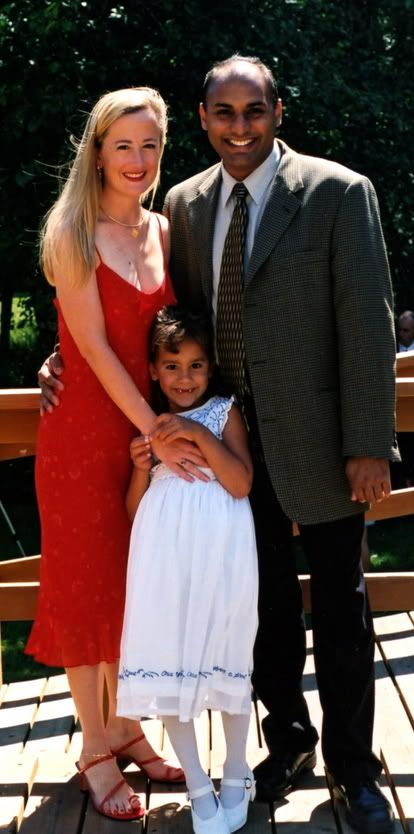
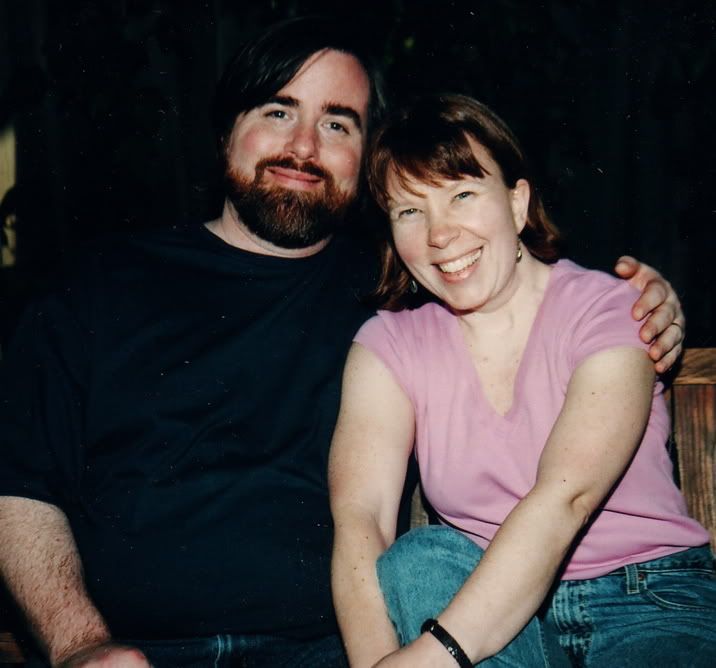













2 comments:
It is disgusting, isn't it?
I know. It makes me want to throw up. BUT - thanks for the link... I'm going to go read some more about it (one of the many things we don't learn in history class).
Post a Comment